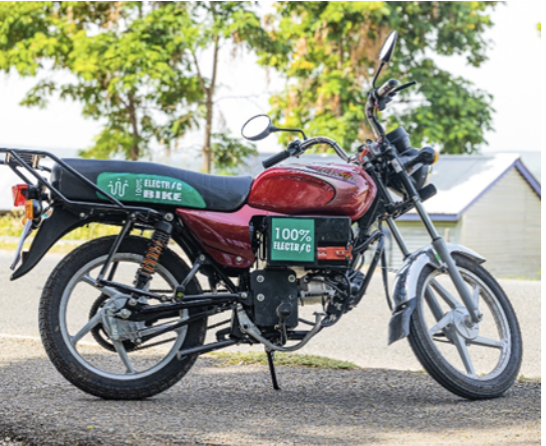Business Model – Kenya E-mobility
Business Model – Kenya E-mobility
Summary
WeTu’s e-mobility use case is part of a broader energy access initiative in Katito and Kisegi, Western Kenya. Solar- powered hubs support electric motorcycle leasing and battery swapping, addressing transport challenges in peri-urban and rural areas. The initiative targets boda boda riders, offering a cleaner alternative to petrol-powered motorcycles, reducing emissions and improving operational efficiency. WETU converts internal combustion (ICE) motorcycles into electric bikes and has worked with the users to improve the bikes and adapt them to local conditions as well as worked with users to align the payment model with rider cash flows. Integrated with other services like water purification and solar cooling, the hubs promote sustainable development. The model encourages adoption of electric mobility through affordable, user-centric solutions tailored to the region’s economic and environmental.







Recent Comments